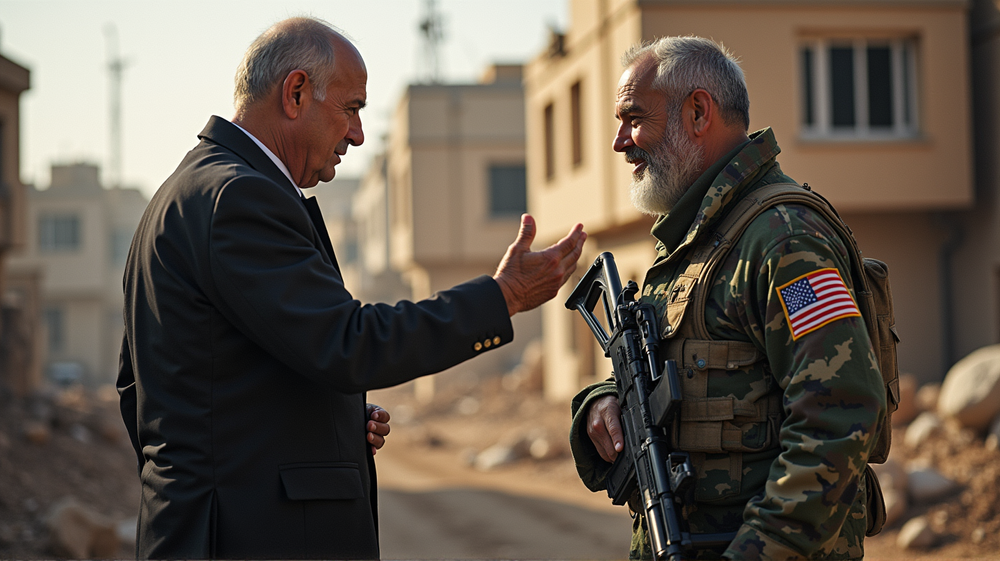The delicate political landscape between Israel and the United States is facing a potential shake-up. Israel has voiced its deep concerns over the possibility that the United States might proceed with the rebuilding of Gaza without the prior disarmament of Hamas, as reported by i24NEWS. This development has sparked a diplomatic storm, reflecting the complexities of international relations in the Middle East.
Concerns Over Rebuilding Efforts
At the core of the issue is the forthcoming vote at the United Nations Security Council concerning the establishment of an international stabilization force for Gaza. This force is intended to disarm Hamas as part of its operations. However, Israel fears that the U.S. may prioritize Gaza’s reconstruction over the critical step of disarming Hamas, potentially undermining security efforts. According to i24NEWS, this concern is amplified by difficulties in forming the proposed international force.
Disarmament Doubts
A senior Israeli official has expressed skepticism about the efficacy of disarmament plans, suggesting that Israel might have to engage in demilitarization efforts similar to those undertaken in Lebanon. The official’s remarks underscore Israel’s apprehension about international involvement, citing past experiences with other peacekeeping efforts.
Shifting Language and Concerns
Another layer of complexity arises from recent shifts in U.S. language within the latest resolution, perceived as an endorsement of Palestinian statehood. This linguistic change is intended to encourage member states to support the international stabilization effort but has stirred worries in Jerusalem. Such changes in terminology are perceived by Israeli officials as a signal towards a broader political agenda that could alter longstanding stances on Palestinian statehood.
Right to Veto: Israel’s Stance
Despite these concerns, Israel asserts its continued right to veto the presence of the multinational force, albeit the resolution proposal maintains a somewhat ambiguous phrasing: “in close consultation with Israel.”
Conclusion
As the diplomatic dialogue unfolds, the outcomes of these debates will have significant implications for both regional stability and international relations. The tensions underscore the intricate balancing act of interests and priorities in the ever-evolving Middle Eastern landscape.












